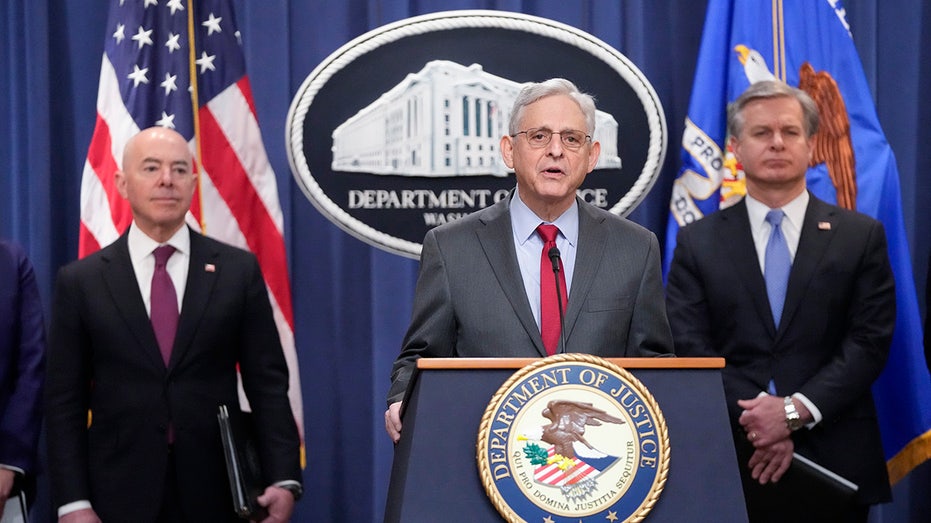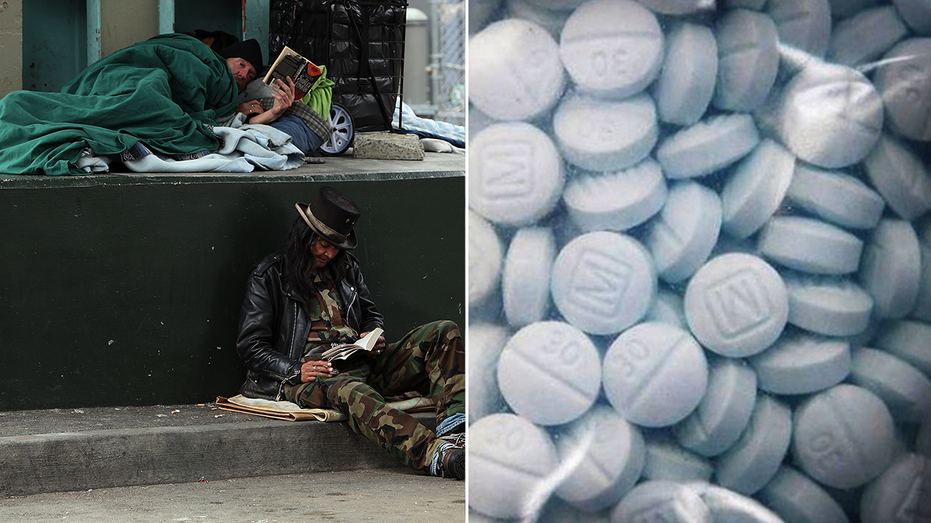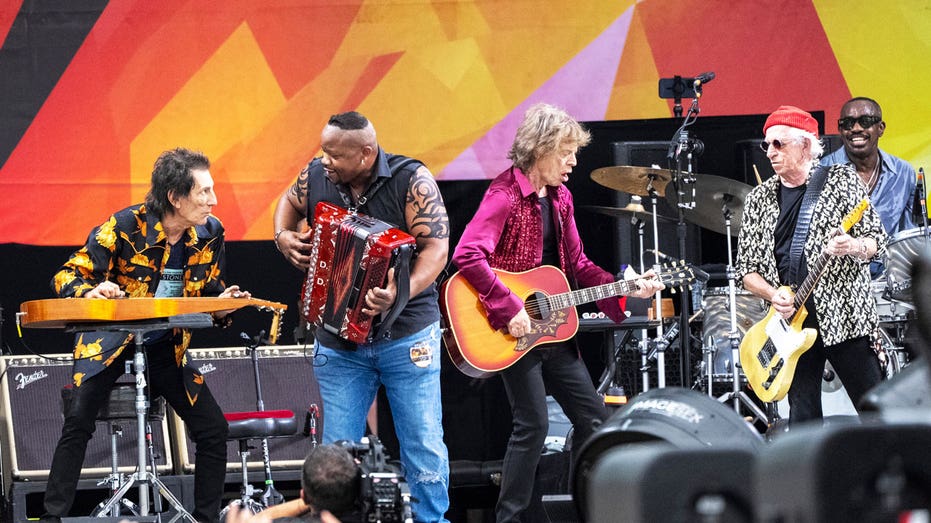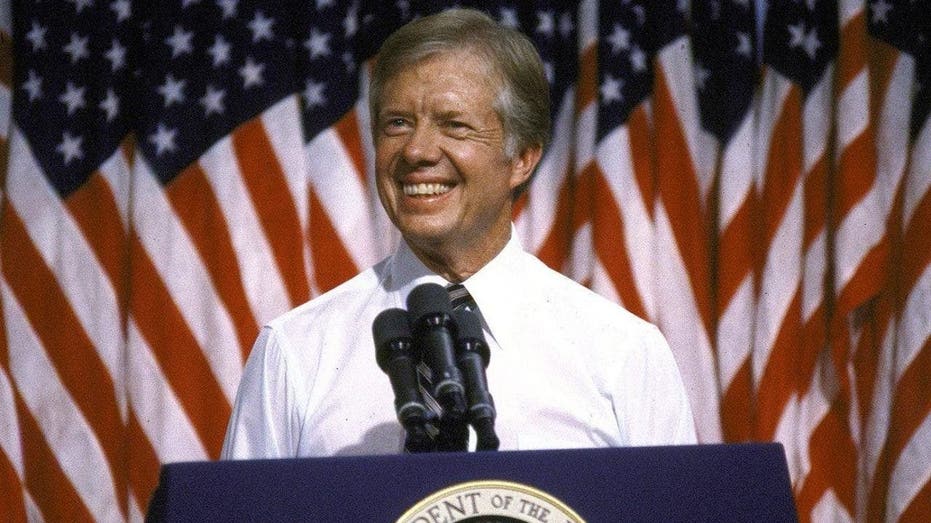Feds announce drug enforcement task forces arrest nearly 200 suspected drug traffickers
According to the Justice Department, nearly 200 people have been arrested and charged in a series of large-scale drug-trafficking crimes throughout the country.

WASHINGTON – Nearly 200 people have been arrested and charged in a series of law enforcement actions targeting large-scale drug-trafficking organizations throughout the country, according to the Justice Department.
The cases in question led to the arrests of defendants in 10 states across the nation, including Alaska, netting nearly 50 kilograms of fentanyl and over 70 kilograms of meth.
Attorney General Merrick Garland commented, "These cases represent just a fraction of the work our agents and prosecutors are doing every day to target, disrupt, and dismantle the cartels and drug trafficking organizations that are poisoning the American people."
These arrests come as the nation continues to deal with a fentanyl crisis. The latest numbers show that drug deaths hit a new record in 2022, when 109,680 people died, according to data released by the Centers for Disease Control and Prevention.
TRUMP, RFK JR SIDE WITH TEXAS IN BORDER FIGHT WITH BIDEN ADMIN AS 25 STATES SHOW SUPPORT
On Jan. 25, the District of Alaska announced charges against 54 defendants in connection with a large-scale organized crime ring operating in the state, allegedly being run by an inmate from a California prison. Heraclio Sanchez-Rodriguez, 57, is accused of using contraband cell phones to communicate with his suppliers in Mexico and their brokers, leaders in California and Oregon, and distributors of the drug trafficking enterprise in Alaska.
From February 2022 to July 2023, law enforcement intercepted over 36 kilograms of fentanyl, 27.3 kilograms of meth, 11.3 kilograms of heroin and 118 grams of cocaine connected to the enterprise. The ring mainly used suppliers to send drug packages through the U.S. Postal Service from Oregon and California to Alaska.
Meanwhile, on Jan. 24, the Northern District of West Virginia announced charges against 82 defendants for a drug trafficking ring operating in the Eastern Panhandle. According to court documents, Gary Bernard Brown, Jr., 38, of Baltimore, supplied others with large quantities of fentanyl capsules and powder for redistribution in Berkeley and Jefferson Counties. The investigation yielded 10 kilograms of fentanyl, cocaine, methamphetamine, firearms and hundreds of thousands of dollars in assets.
TRUMP URGES STATES TO SURGE NATIONAL GUARD TO TEXAS AS ABBOTT STANDOFF WITH BIDEN ACCELERATES
On Jan. 23, the District of Nebraska announced charges against 19 defendants for their roles as part of a meth distribution ring operating throughout Nebraska with ties to Kentucky and California. Alejandro Ruiz, 41, allegedly ran the crime syndicate out of California and trafficked meth and other narcotics from Mexico into California and then into the Midwest, including central Nebraska. In addition to meth seized through controlled buys, law enforcement also seized three firearms.
Also on Jan. 23, the Southern District of Mississippi arrested 40 individuals stemming from a four-year federal investigation of multiple drug-trafficking organizations distributing meth, cocaine and other illegal narcotics. The case included defendants throughout Mississippi with connections to Mexico, California, Texas, Alabama and elsewhere. Some defendants are charged with committing a meth drug offense while minors, including a young toddler, were at the location. Investigators seized 36 firearms, five kilograms of crystal meth and one kilogram of cocaine.
According to the DOJ, all of these cases and arrests are part of Organized Crime Drug Enforcement Task Forces operations, which aim to, "identify, disrupt, and dismantle the highest-level drug traffickers, money launderers, gangs, and transnational criminal organizations that threaten the United States by using a prosecutor-led, intelligence-driven, multi-agency approach that leverages the strengths of federal, state, and local law enforcement agencies against criminal networks."



